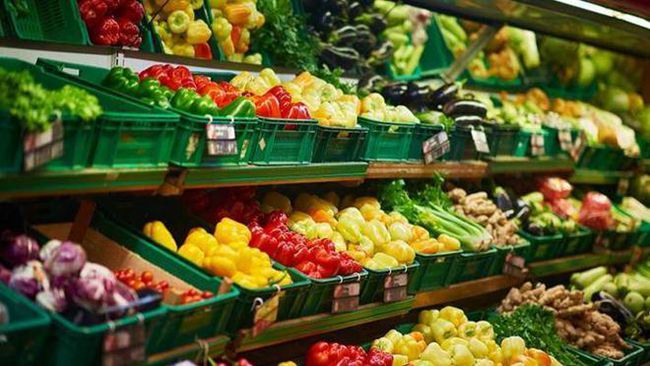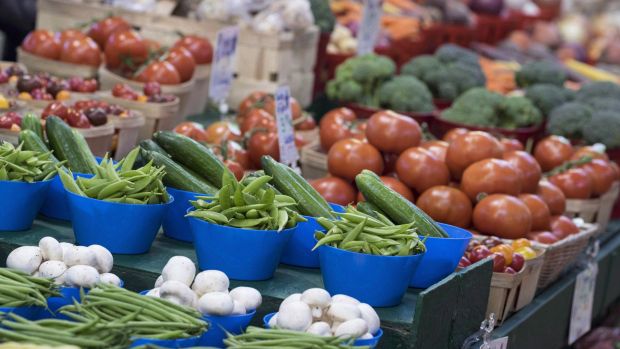Executives at global food giant Kraft Heinz said they are raising prices where necessary around the world and reminding consumers to get used to higher food prices. Higher raw material prices, disrupted supply chains, high Labour costs and soaring energy prices have forced food companies around the world to raise prices to combat inflationary pressures.
Kraft Heinz joins a number of well-known multinational food companies that have announced price increases. Nestle, Unilever, Coca-Cola and Pepsi have all announced plans to raise prices. Nestle said it expected input costs to rise about 4 per cent this year, so it needed to raise prices as soon as possible. Unilever said it was facing its biggest cost increase in a decade and would raise prices in a number of markets and categories.

It is not difficult to see from these price increases announcements, raw materials and other costs are the direct cause of product price increases. Global food prices rose to their highest level in a decade, rising 32.8 per cent in September from a year earlier, according to the UN Food and Agriculture Organisation's monthly food price index. "High fever does not retreat" grain price increases the cost pressure of food production enterprises.
However, food price fluctuations alone are not enough for these companies to touch the sensitive nerve of higher prices among consumers. In addition to raw material shortages, labor shortages, reduced availability of air or other commercial transportation, port closures or border restrictions have also adversely affected the supply chain, which could further affect PepsiCo's ability to produce and sell its products, the company said.
At present, the cost pressure facing food enterprises is not only from the rising food prices, its deeper reason lies in the supply chain crisis. Port delays, a case is hard to find, global supply chain risk caused by the transport delays, a lack of supply, and the resulting packaging, logistics, energy supply, prices, and rising commodity prices and food shortages, from all levels pushed up food production enterprise's production and operating costs, eating into profit margins, Forcing them to raise prices to offset higher costs.

Moreover, Labour shortages are likely to worsen as prices rise and expectations of sustained inflation for some time to come. In Europe and America, Labour shortages are exacerbating supply chain crises. As prices rise, people's expectation of salary increases, and the problem of recruitment and labor shortage becomes more serious, increasing the operating cost of enterprises.
It will take time for the global supply chain to recover, and it is unlikely that international logistics and energy supply problems will be alleviated in a short time. The International Monetary Fund (IMF) warned in its latest World Economic Outlook that the upside risks of global inflation have intensified and the inflation outlook is highly uncertain. Headline inflation is rising rapidly in the US and some emerging market and developing economies. Under inflationary pressure, there will be more food companies unable to hold back, announced price increases. Restoring supply chains and controlling inflation will also be needed to get food producers to hold on to prices.




